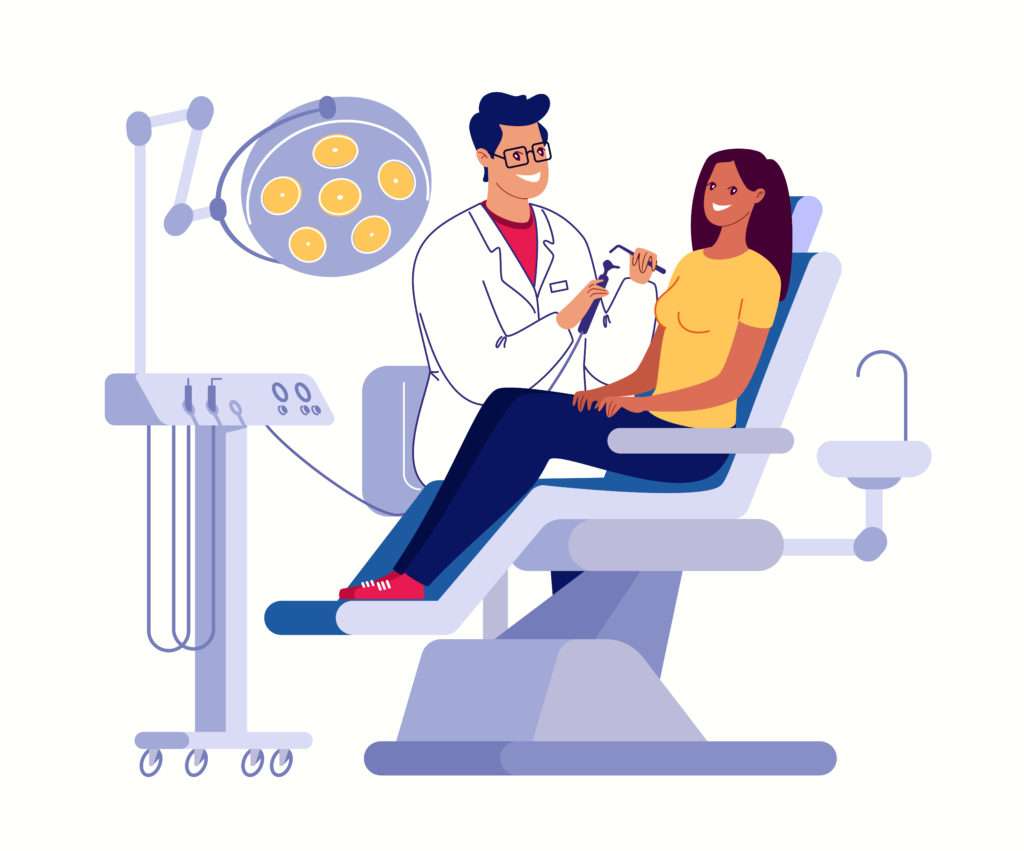Dental Accounting

Dentistry covers several fields, orthodontists, prosthodontists, oral and maxillofacial surgeons, etc. However, this article mainly deals with topics related to general dentistry to understand how accounting and taxation influence dentists. A general dentist diagnoses, treats and maintains the health of his patient’s oral cavity. Oral treatment processes may include gum care, crowning, root canals, fillings, bypass surgery, and the provision of dental advice.
The main objective of a general dentist is to provide health services to his patients and bring them his expertise to fight against oral diseases. General dentists offer a wide range of services essential to your oral health. Negligence on your part can lead to toothache, tooth loss, or other serious oral damage. To be able to manage their services, it is important that dentists have a solid accounting mechanism that can help them manage their finances.
Dentists and tax
When the dentist is employed
A dentist who provides dental services as an employee of the Community Dental Service or secondary dental care is often hired for a paid position.
Your employer must deduct income tax and National Insurance (NI) contributions from your wages or salaries. After these deductions, the employer will pay the taxes to HM Revenue and Customs (HMRC).
When the dentist is self-employed
If a dentist provides health services under “self-employed status”, his dental office is considered to be a “business” by the tax authorities. All profits they make will therefore be subject to tax according to trade rules. Unlike salaried dentists, an independent dentist is required to declare and file his self-assessment declarations with the HMRC each fiscal year and is also responsible for the payment of contributions to income tax and national insurance (NI) on an annual basis.
A dentist may be employed part-time in other medical institutions. His wages and other earnings are then taxed as business income. The employer, like a regular employee, deducts national class 1 insurance.
As a freelance dentist, you will need to make and show adjustments to “commercial income” when filing your annual tax returns to HMRC so that you don’t have to pay Class 4 national insurance on your income.
You can consult Cangaf Accountancy to help you establish your finances as well as your annual income tax returns in the most precise way.
How does the NHS pay self-employed dentists?
The payment agreement for dentists on behalf of National Health Services (NHS) is not the same in all regions of the United Kingdom.
In England and Wales general dental services are appointed for the provision of primary dental services after agreeing to a number of “work units” to be completed each year. These dentists have an annual income which is distributed to them by monthly installments.
In Northern Ireland and Scotland, the payment systems are different, but they have a common aspect to their payments. Both use “service” payments, continuing care payments, and several grants and allowances. Any NHS income received by the dentist is part of taxable income and must be properly reported on the self-assessment or partnership income tax return.
What specific accounting documents should dentists keep?
Like any other business, dental professionals are also required to record their finances and track them over time. This discipline allows them to complete their tax returns on time and to file them correctly.
There are certain specific requirements that healthcare professionals must meet. Below is a list of useful records that you should keep to avoid the risk of paying heavy penalties:
Records of funding provided by NHS
Patient fee receipts
Petty cash books
Records of retail sales
Miscellaneous fee income
Tickets for laboratory work
Any expense-sharing agreements
Agreement documents of rental income paid by technicians and hygienists
If additional details are required, trust Cangaf Ltd to provide them. Contact us today for a no-obligation quote, and let us handle your accountant needs!
